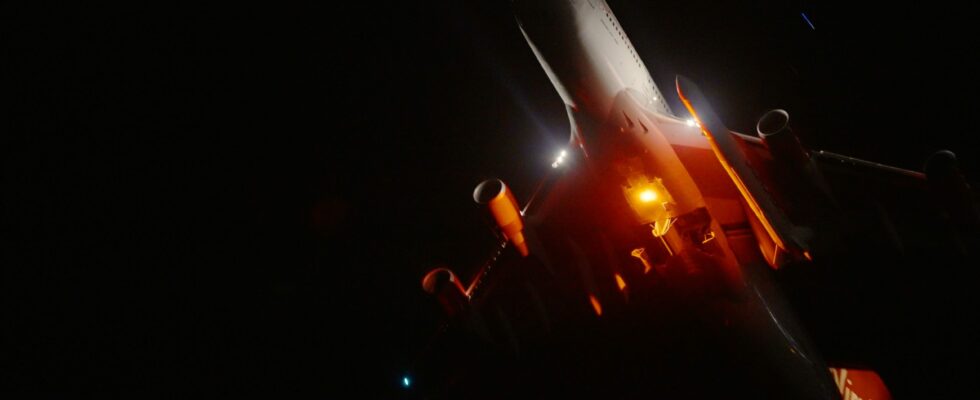It was to be a flying start to the year for Virgin Orbit, which had taken almost a year to get clearance for its rocket dropped by a 747 from the UK. The “Start Me Up” mission did take place on January 10, but it ended in bitter failure.
To the technical problems is added the humiliation of a “great first” which turned into a disaster.
Cast off for England
Music from the Rolling Stones, English atmosphere, Virgin Orbit had pulled out all the stops for its first takeoff from “Spaceport Cornwall”, a private airport transformed to accommodate space activities. Since the company based in Long Beach (California) obtained authorization from the British administration, it has been preparing the takeoff of its modified 747, the “Cosmic Girl” with its LauncherOne airborne rocket.
No small feat to deal with the authorities for the very first orbital launch from English territory and even from Western Europe! A small language shortcut for the communication of Virgin Orbit, of course, because if the rocket took off from Cornwall, it was dropped over the ocean far off the coast of southern Ireland. The plane and its rocket (with nine satellites under the fairing) took off shortly after 11 p.m. (Paris) and the drop took place at the end of the countdown at 12:11 a.m.
Shutdown for LauncherOne
The main engine release and ignition phase went well, an essential element for the safety of the launch and the crew of the carrier aircraft, which returned to land safely. For the launcher part, however, the trip was less than ideal. The first stage kept its promises, but the second suffered from an anomaly when it propelled the assembly to more than 17,000 km/h. The rocket therefore reached space, but could not reach orbit, which condemned the nine satellites it was carrying to destruction. The rocket disintegrated off the Canary Islands.
To add an additional problem to this failure in flight, the communication of Virgin Orbit did not follow the events very closely, announcing in a predefined and premature way a launch in orbit and, almost, the end of the successful mission… Tweets and messages were relayed by many Internet users, including politicians, who only discovered the real conclusion of the theft this morning.
2023 will be long…
Virgin Orbit has apologized to the customers of this flight (the English and American government, several English and Polish private companies and the Sultanate of Oman, which had its very first satellite on board), but is starting a difficult year. Indeed the promises of increased flight rates have not materialized for the moment (two shots per year), and this failure will not speed things up.
With two crashes in six flights, LauncherOne does not enjoy a good reputation… even as Virgin Orbit, which has been listed on the stock exchange for two years, faces significant losses and risks running out of resources by the end of the year. ‘year. The company will have to quickly find a technical solution, and succeed in its next flights to reassure customers and prospects. Otherwise, in the United Kingdom as in the United States, the company will be up against the wall.
On paper, what looks like a practical idea can quickly turn into a logistical and human nightmare. However, regularly for 60 years, new players have tried to marry the two fields… with some successes, and many projects abandoned along the way.
Read more
Source : Virgin Orbit

3